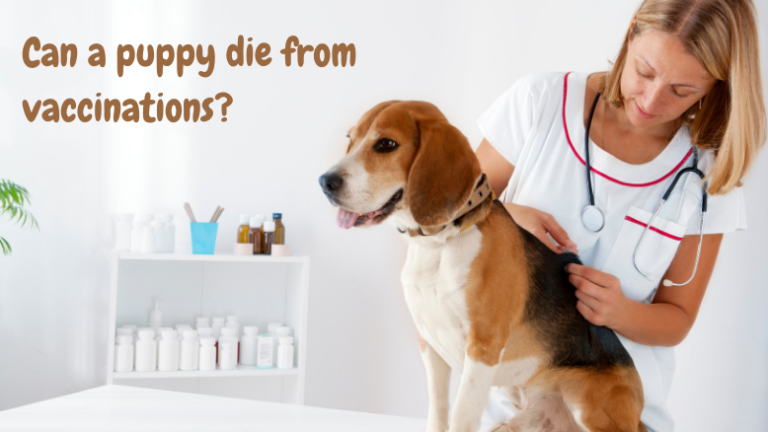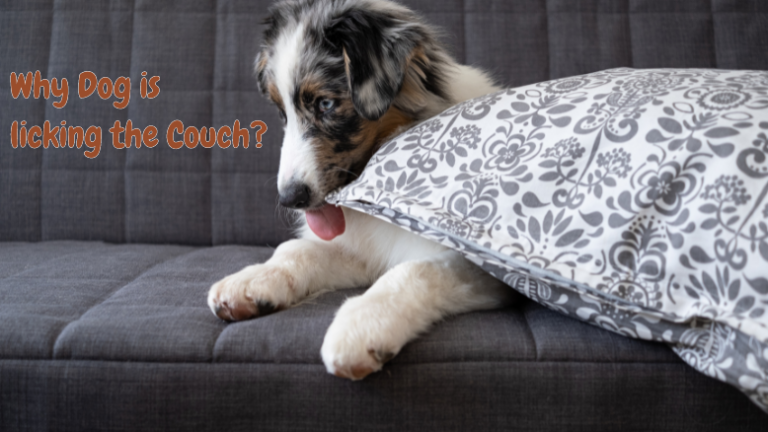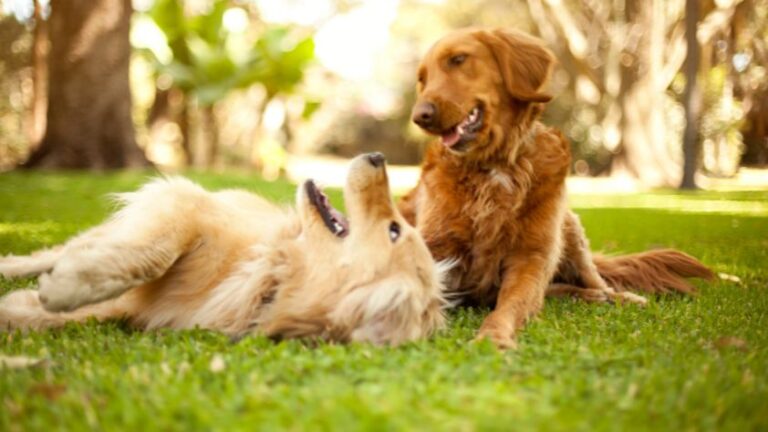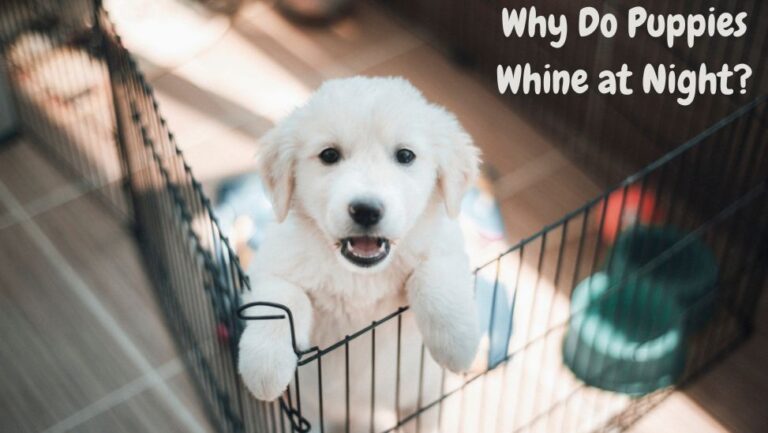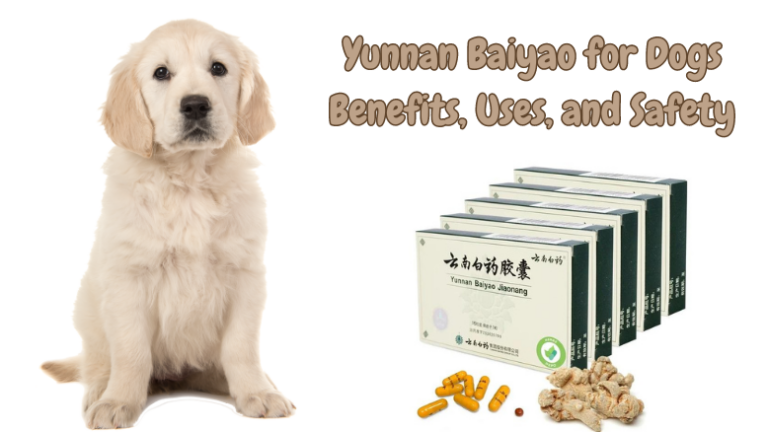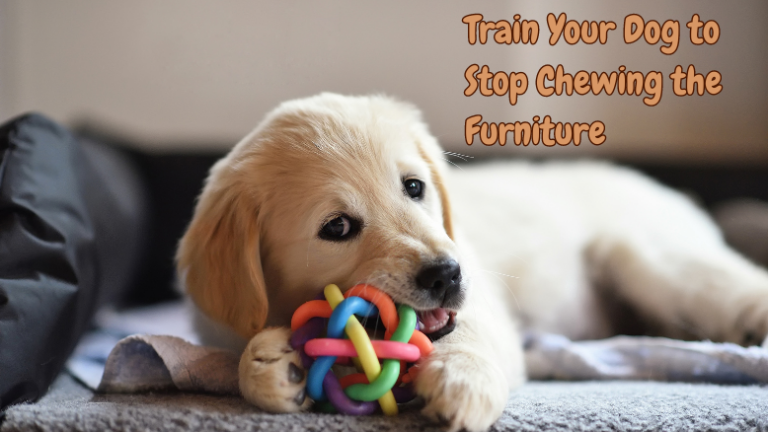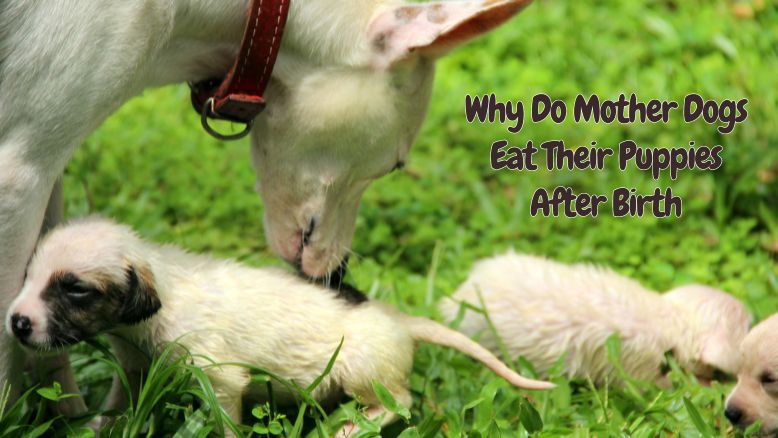
Why Do Mother Dogs Eat Their Puppies After Birth?
The mother’s role is nursing, sheltering, and unabating love.
However, in the animal kingdom, particularly among dogs, there exists a behavior that is as perplexing as it is distressing which occurred in the case of a mother dog who ate her newly delivered puppies.
To the most unexpected by humans, this behavior has roots in the evolution of living organisms and it can be classified as several causes.
The delivery of puppies to most people is regarded as a joyful, yet equally awaited and busy, time.
Why Do Mother Dogs Eat Their Puppies After Birth?
A mother dog may eat her puppy for various reasons: such as stress, being sick, or instinctive behavior. In some cases, if the puppy is stillborn or unhealthy the mother eats it to keep the den clean and away from the sight of predators by scent.
Moreover, if a mother dog notices a danger to her puppies or feels that she is incapable of taking care of all of them, she may decide to kill several of them to ensure the survival of the rest.
Although very unpleasant to watch for us, such behavior is a normal instinct of some animals serving the survival purpose in nature.
It is imperative for dog owners to always create a tranquil environment for their pets to minimize stress and as a result, lower the risk of such behavior.
Is It Normal for a Mother Dog to Eat Its Puppies?
No, a normal mother dog does not consume her puppies. While it can occur in exceptional cases, it is not a general behavior. These factors include stress, illness, and real threats to the puppies.
It can also happen if the puppies are stillborn or in poor health so that the mother can remove them from the den unintentionally.
Nonetheless, in most situations, a maternal instinct guides dogs to nurture and defend their puppies.
When a mother dog displays this behavior, it is vital to seek vet care for underlying issues and protection for the remaining puppies.
Why Mother Dog Acts as Normal Like Nothing Happens After Killing Puppies?
Sometimes it can be just as confusing to see mother dogs acting as if nothing has happened after they kill their puppies.
This conduct could be upsetting and beyond human understanding.
Stress or Mental Health Issues: Just like humans animals can also go through the same feelings such as stress, anxiety, or even mental health issues. The giving birth process and raising a litter may be very stressful for a mother dog, especially if she is not assisted properly, or if she has physical discomfort or a disease of her own. There are also instances of severe stress or mental health problems that lead some mother dogs to manifest strange behaviors such as killing her puppies.
Lack of Maternal Bonding: Though the maternal instincts are strong in most animals, it does not necessarily follow that a mother dog will form a bond with her puppies. The lack of bonding can come from different factors including traumatic childbirth experiences, hormonal imbalances, and/or previous bad experiences. If there is no strong maternal connection, a mother dog might fail to perform the typical protective behaviors for her puppies.
Medical Issues: At other times, the death of the pups can be attributable to medical conditions influencing either the mother or the litter. These medical challenges might involve infections, complications during delivery, genetic disorders, or lactation problems, for example. A mother dog might tolerate the killing of her puppies if she thinks it is an acceptable solution to address a medical condition.
Lack of Understanding: Death is not perceived in the same way by animals as well as humans. They could have no idea how permanent death is or how hard it hurts. Consequently, a dog mama may demonstrate any visible manifestations of sorrow or remorse after she kills her puppies.
How to Stop a Mother Dog from Eating Her Puppies?
It’s shocking to see a mother dog feeding her cubs with her own body:
Consult a Veterinarian: As a first step, consult with a vet to rule out any health issues that could be causing the mother dog’s abnormal behavior. At other times, these behaviors might be the result of other medical problems.
Provide Adequate Nutrition: Make certain that the mother dog is fed correctly, including a balanced diet appropriate for mothers who are nursing. Malnutrition may result in abnormal behaviors.
Create a Safe Environment: Create a secure and pleasant environment for the mother dog and her puppies. Make sure that the area is quiet, warm, and without stress. Stress may at times cause aggressive conduct.
Supervise Interaction: Watch the mother dog while she is with her puppies. If you find any signs of aggression or cannibalism, intervene immediately.
Separate Puppies if Necessary: Should the mother dog remain aggressive toward her puppies despite your repeated attempts to improve their behavior, think about splitting the puppies from their mother. It will stop additional harm and let you find the solution, meanwhile.
Behavioral Training: It would be a good idea to get the help of a professional dog trainer or behaviorist to deal with the root causes of the mother dog’s behavioral issues. Such approaches can coach and make her change her behavior patterns.
Provide Distractions: Give various toys and activities to entertain the mother dog and keep her mentally active. This way she will be able to take her mind off the puppies.
Medication: In extreme cases where behavioral interventions are ineffective, a veterinarian may prescribe medications to assist in managing the mother dog’s aggression.
Conclusion
Finally, understanding the event of mother dogs eating their puppies after their delivery might be upsetting to see, but many factors may trigger such behavior.
Many issues arise in the mother dog’s behavior towards her puppies such as instinctive responses, environmental factors, and hormonal imbalance.
We can achieve this by knowing the factors and providing proper support and intervention when necessary.
We will be helping to keep the health of not only mother dogs but also their puppies.

